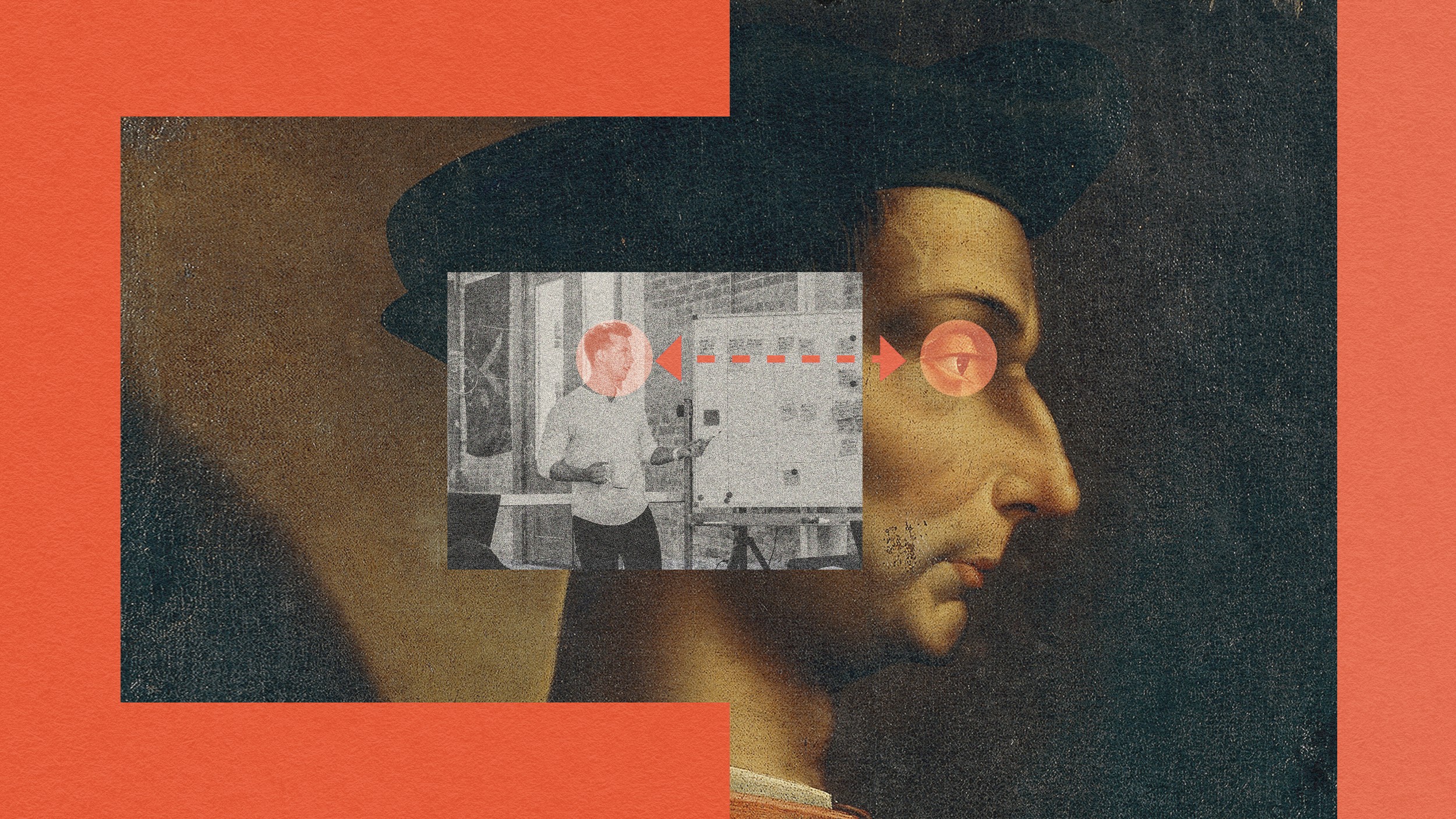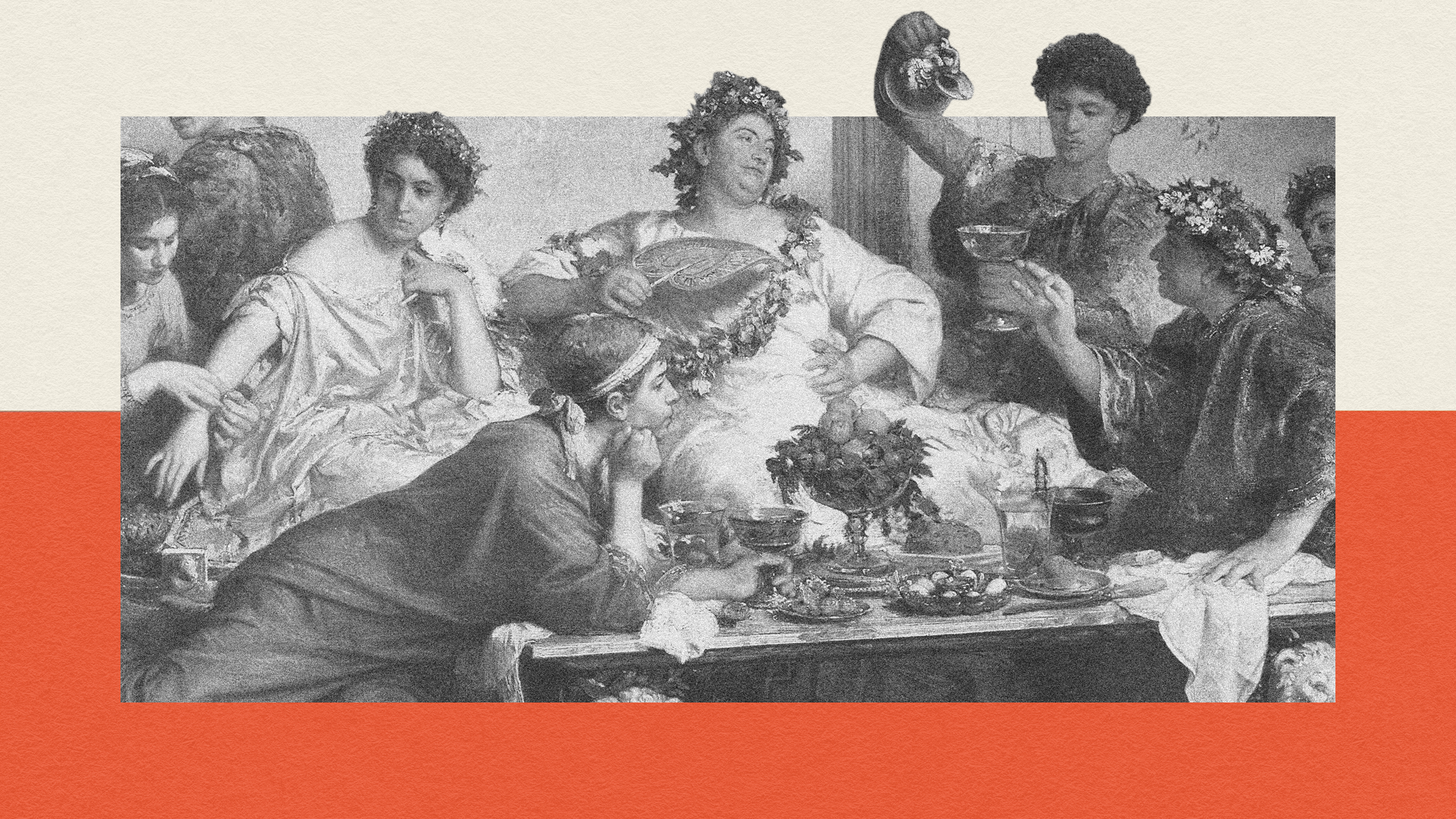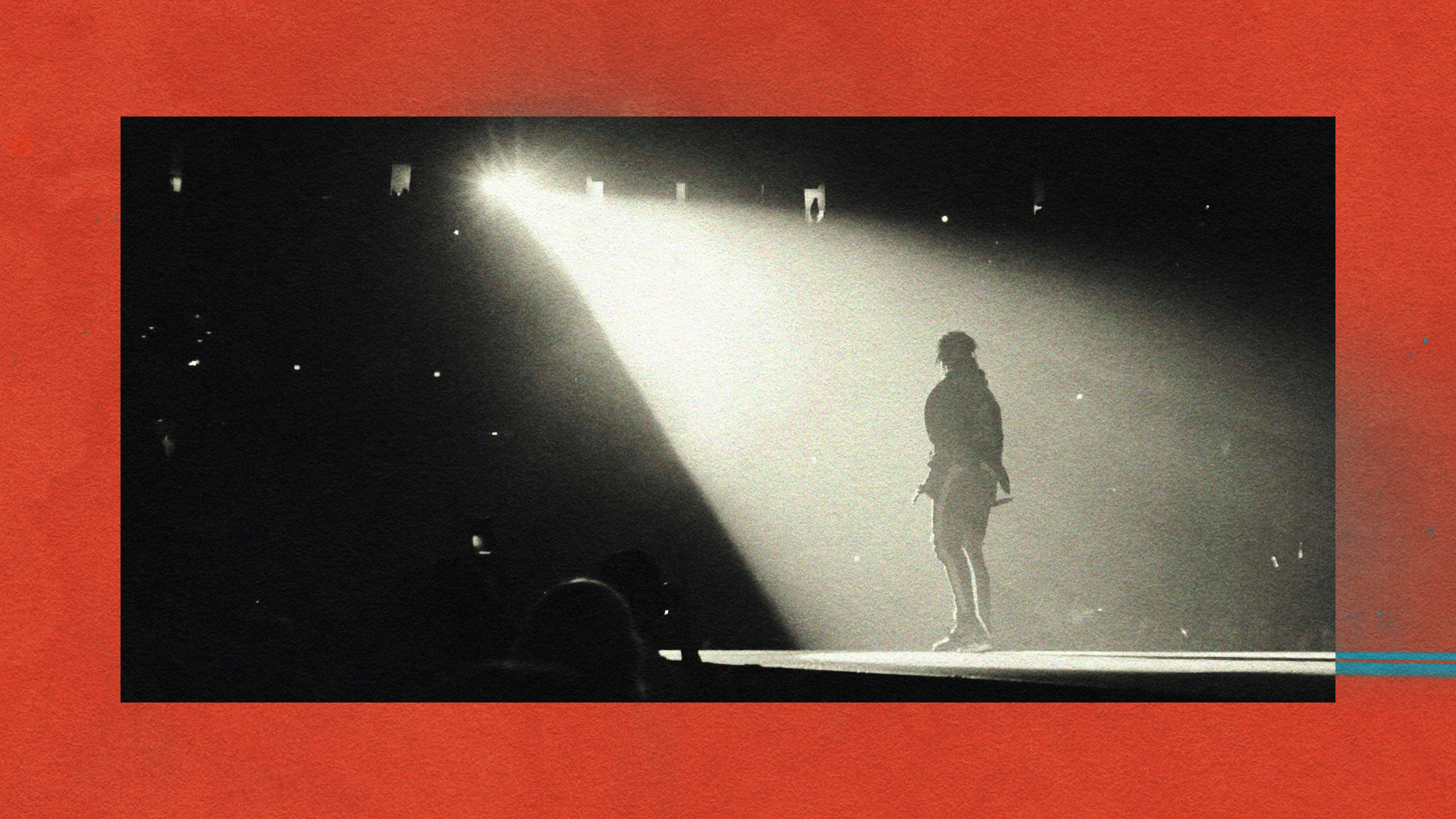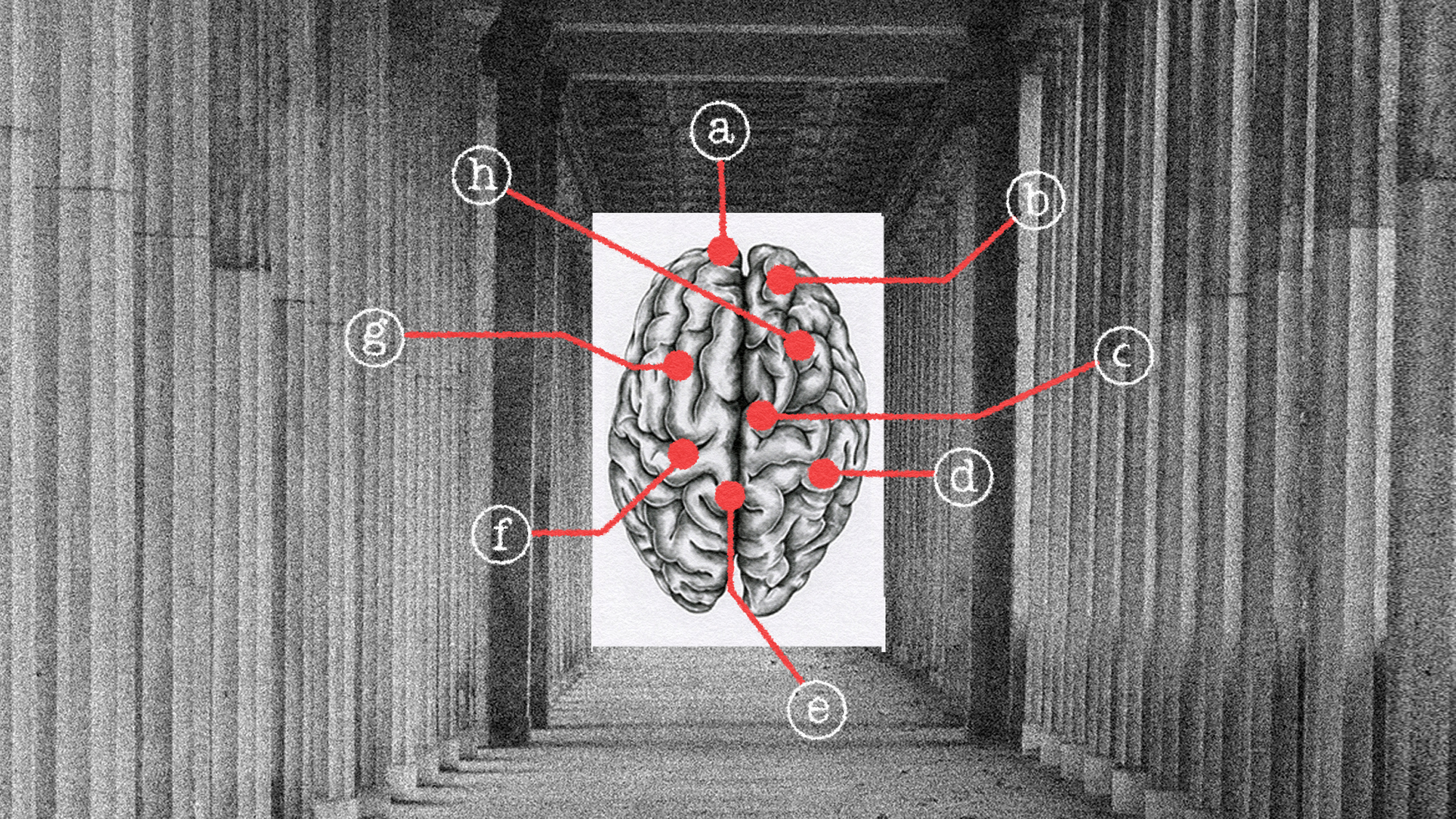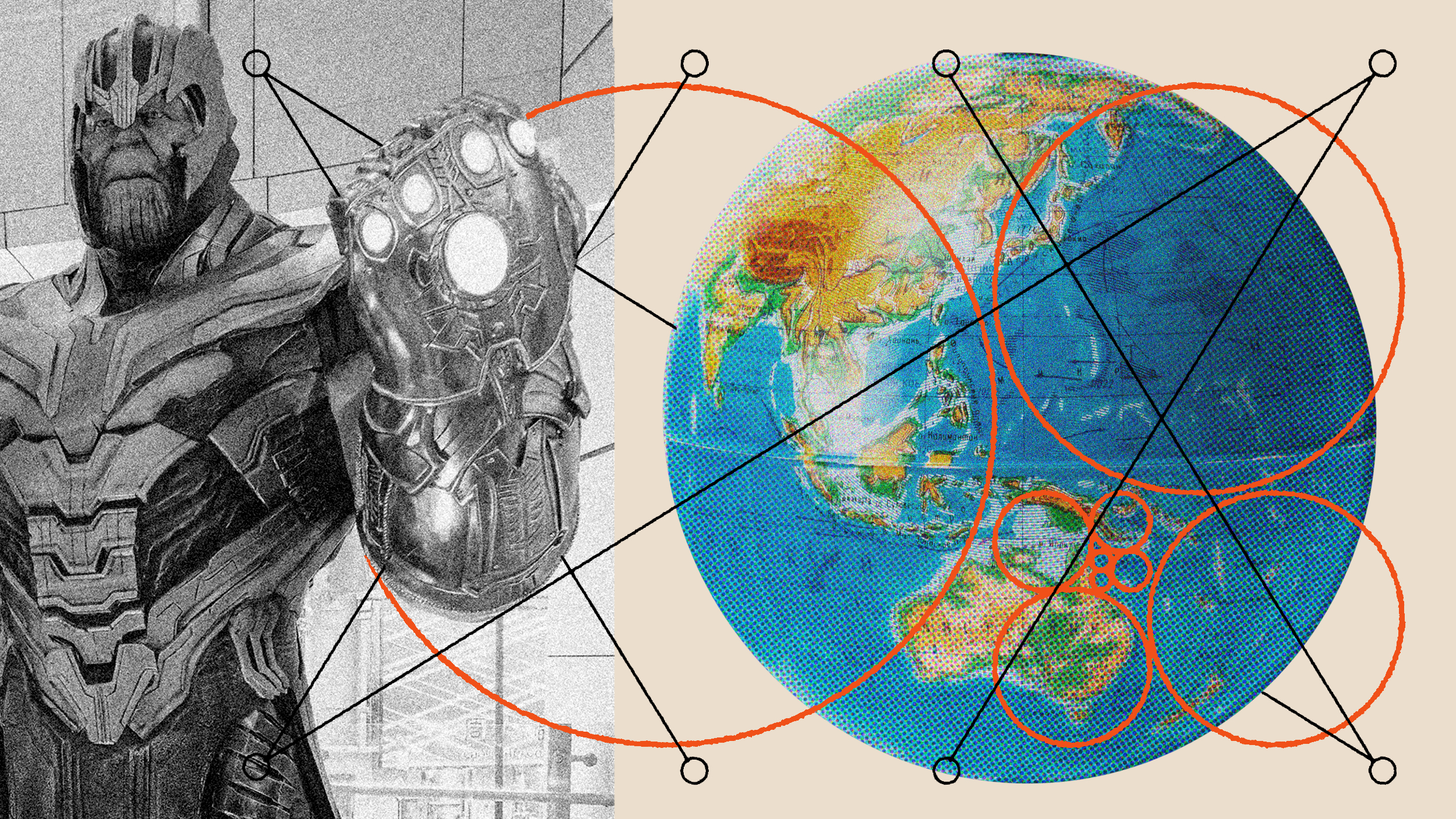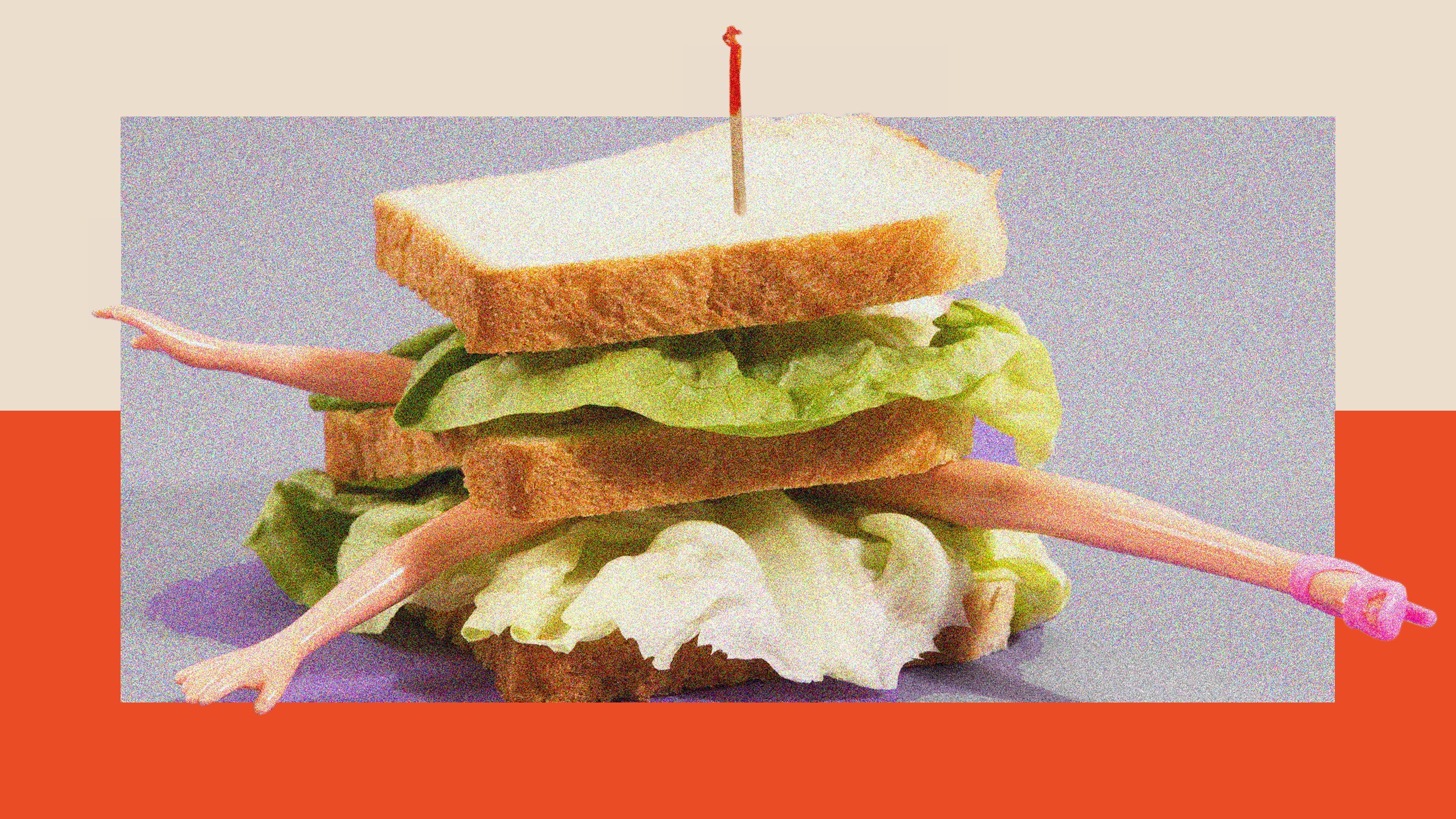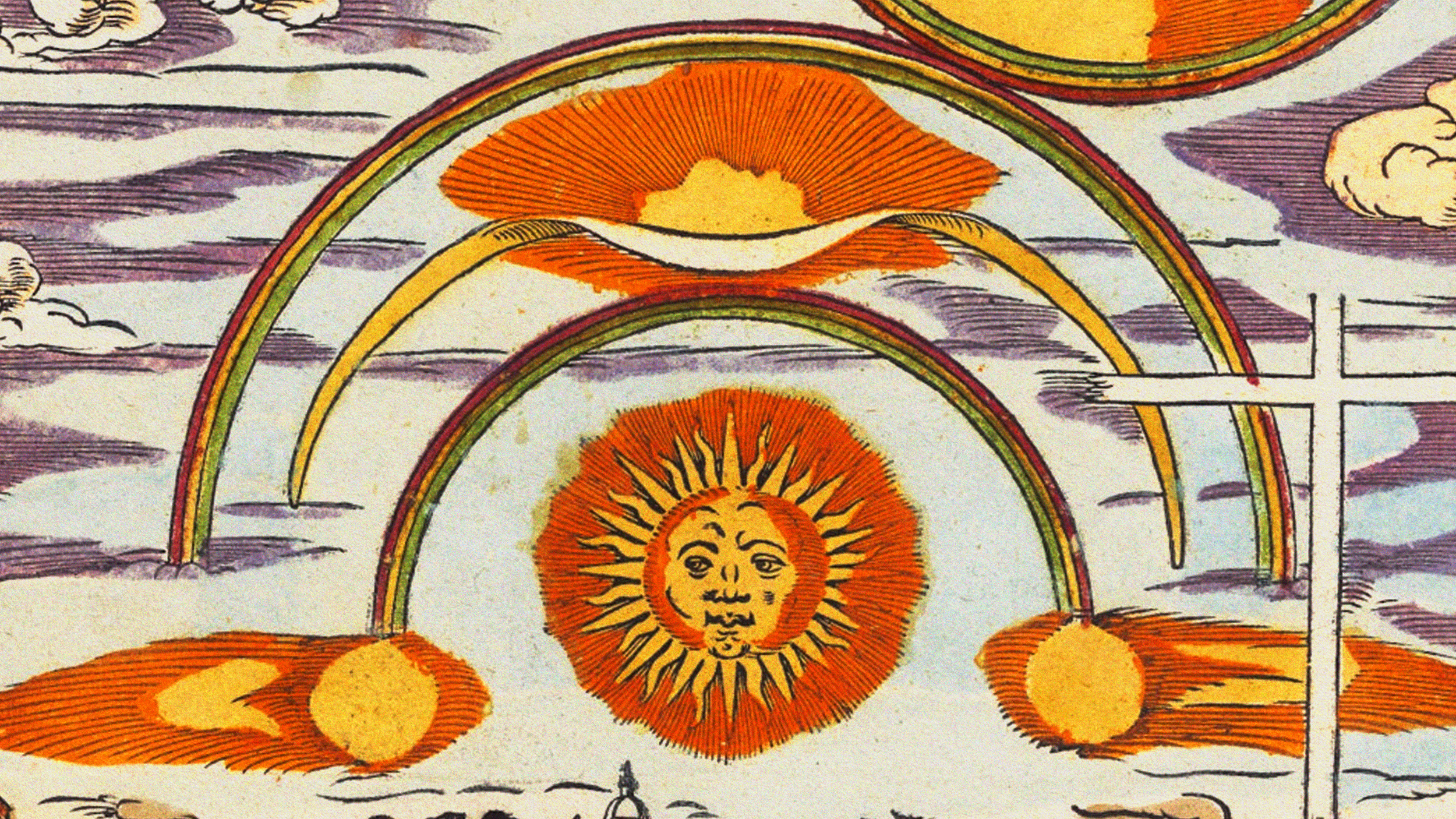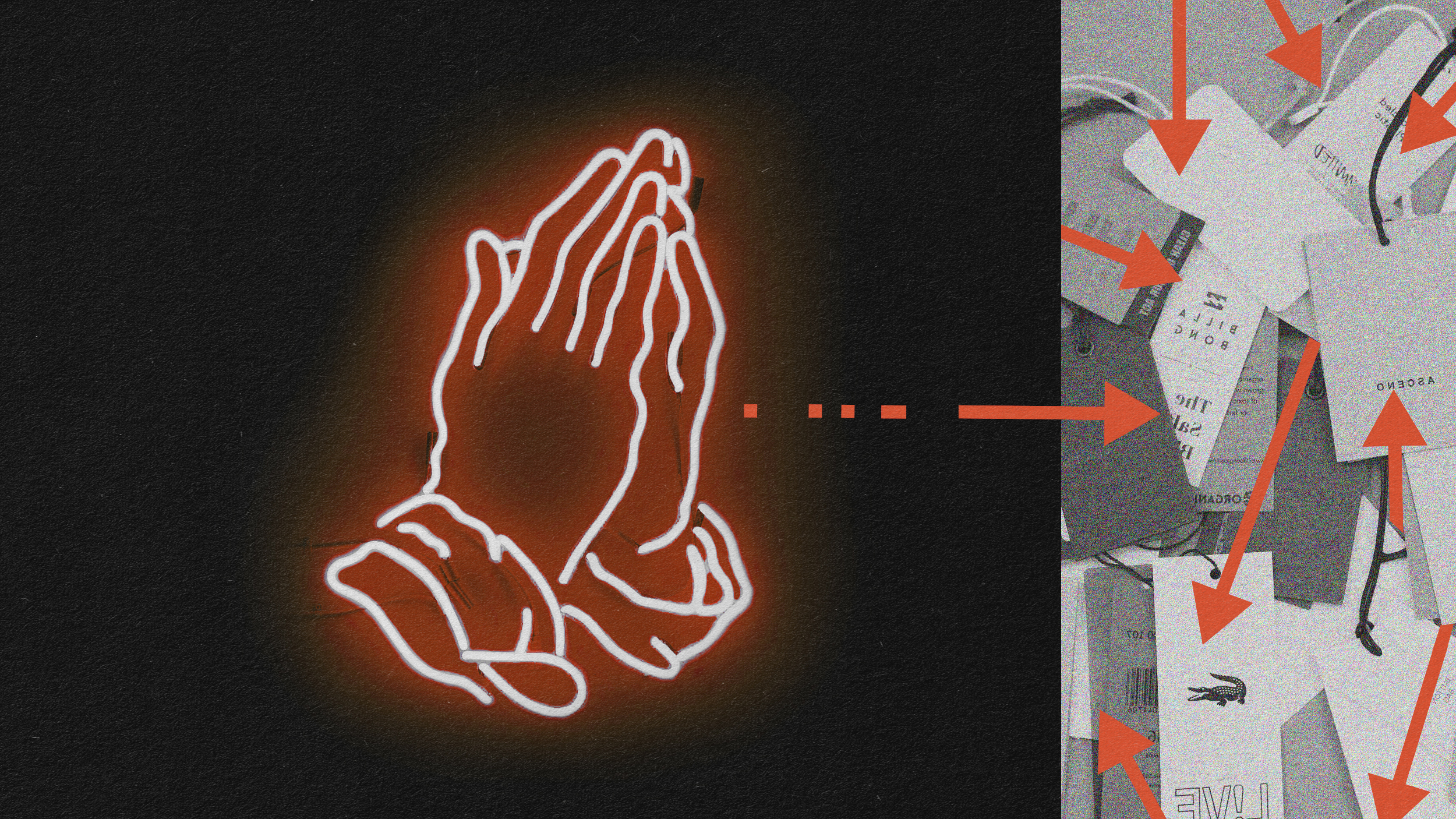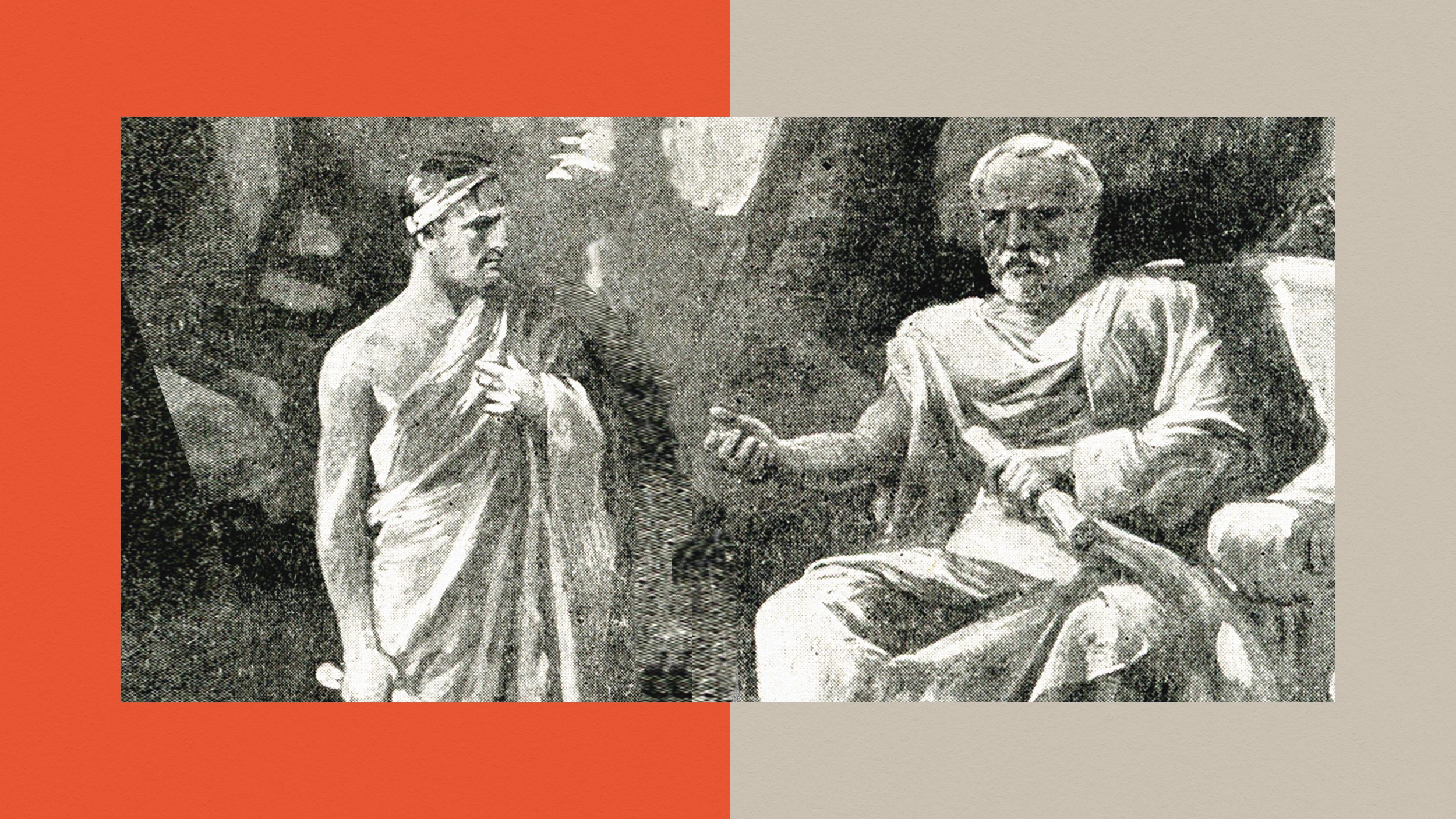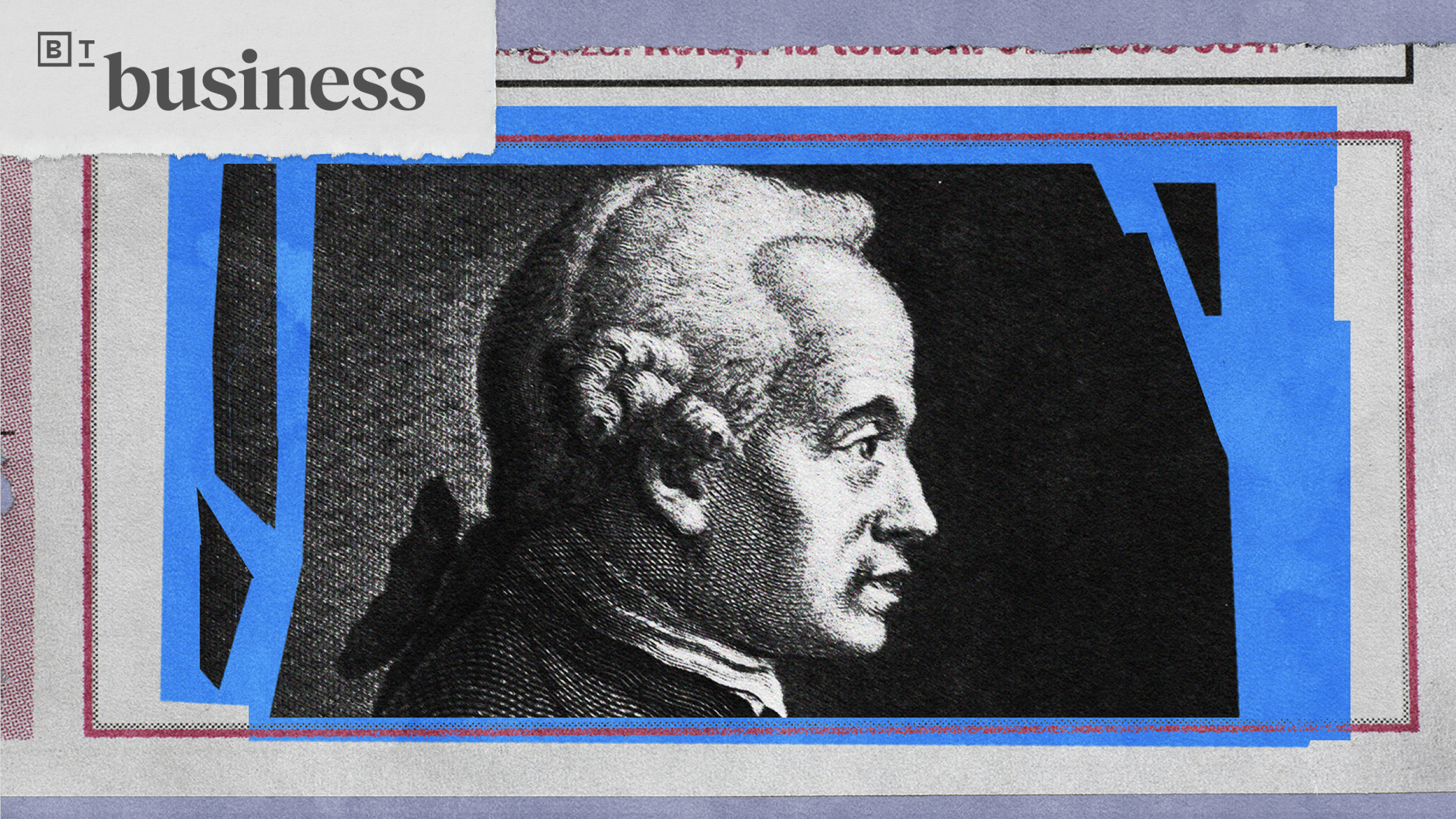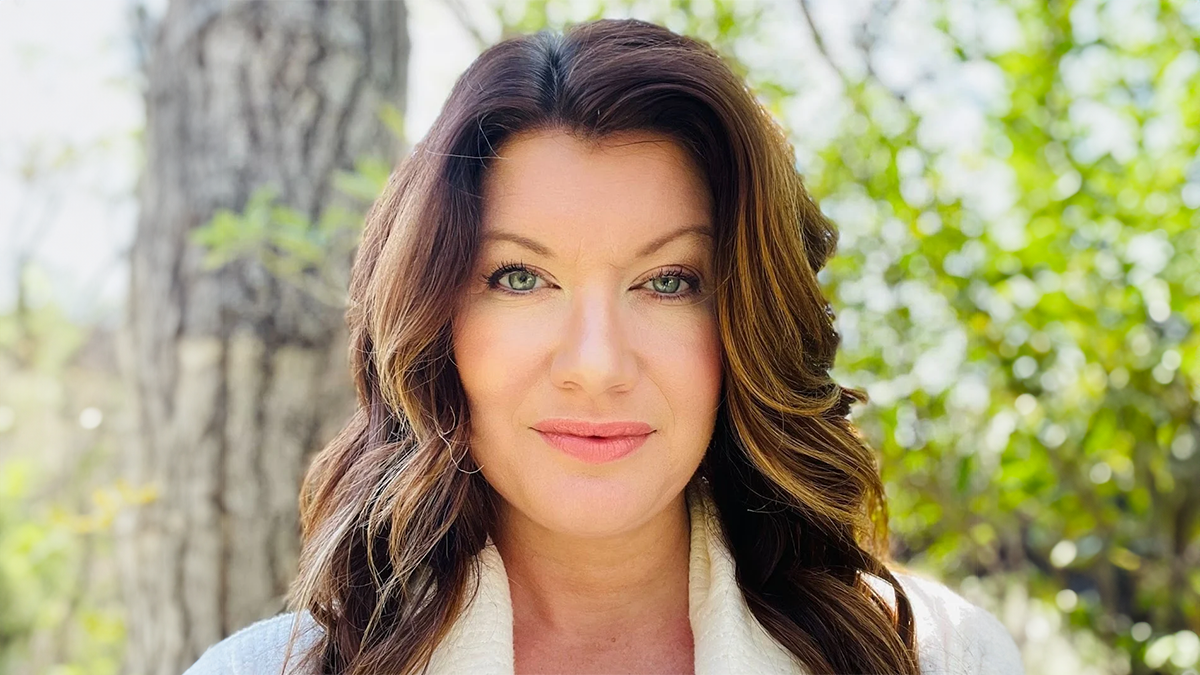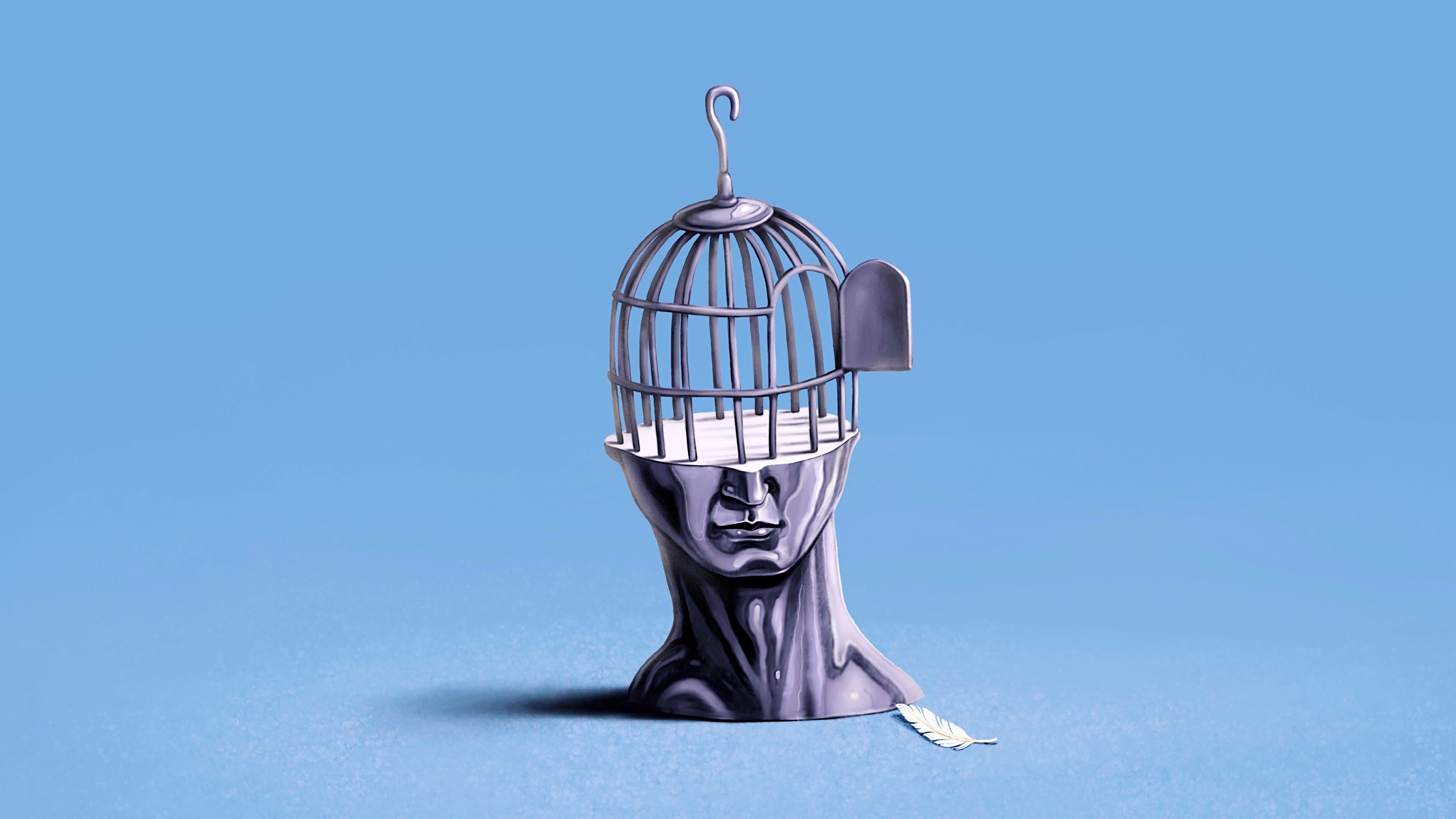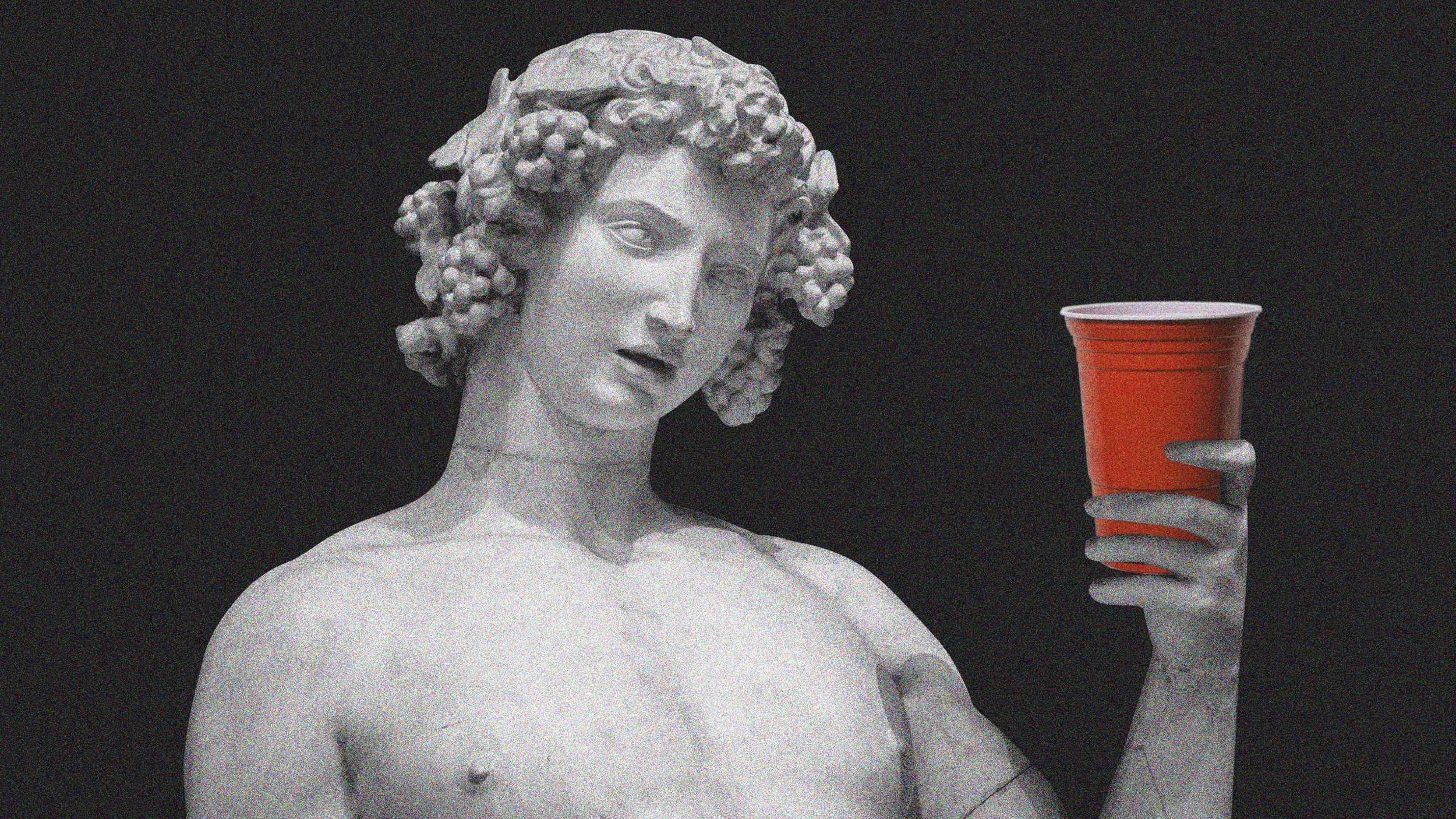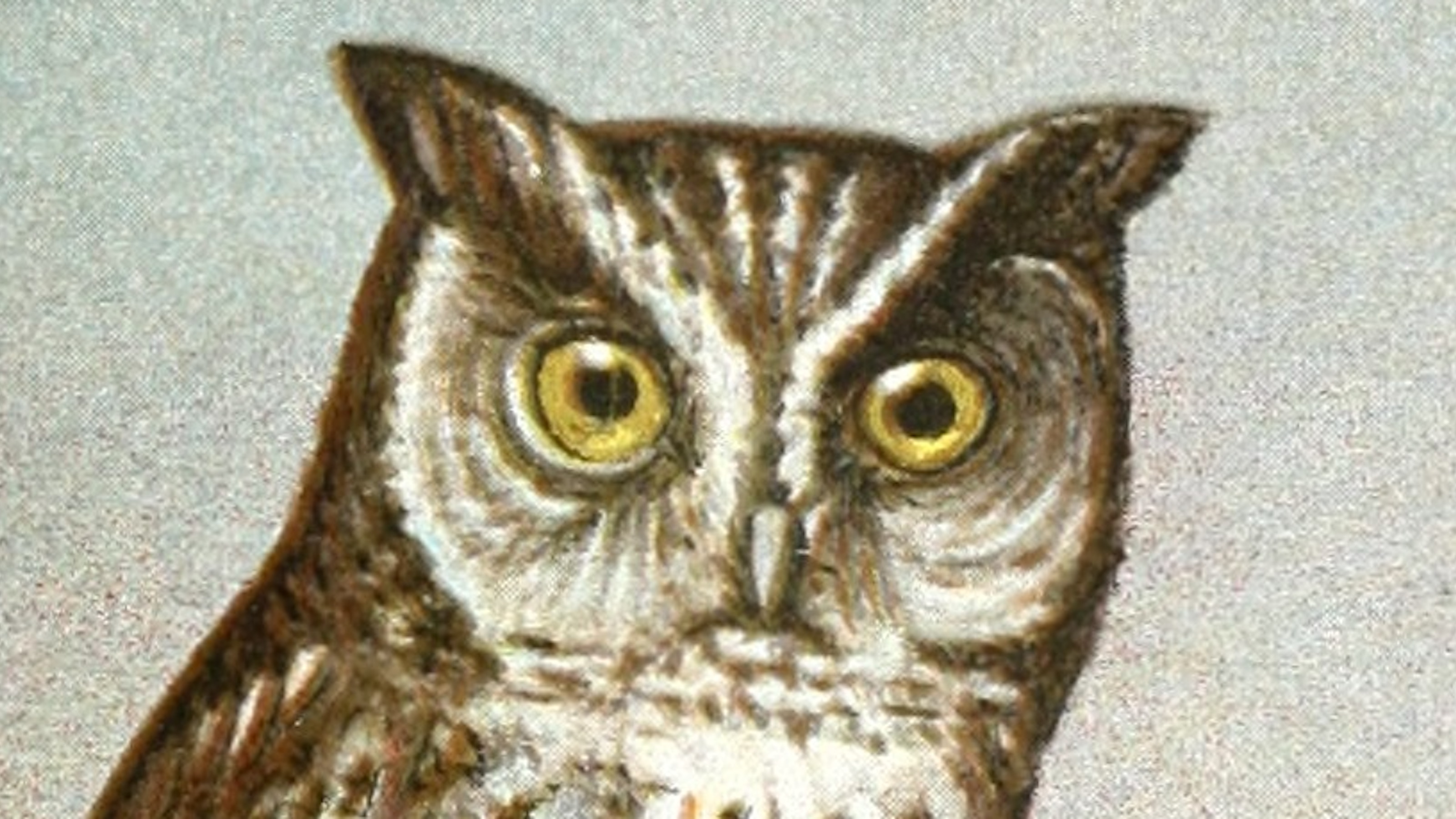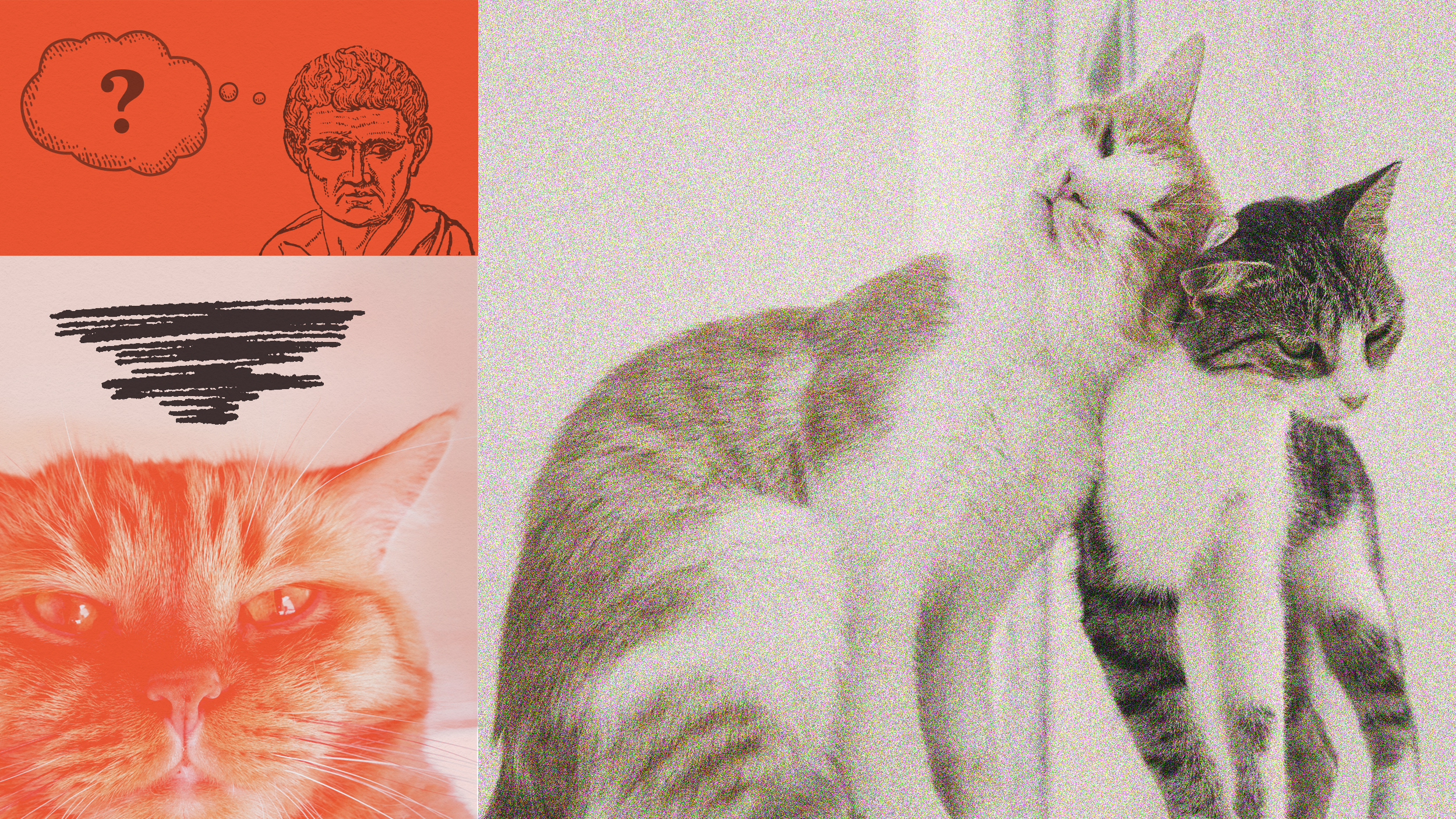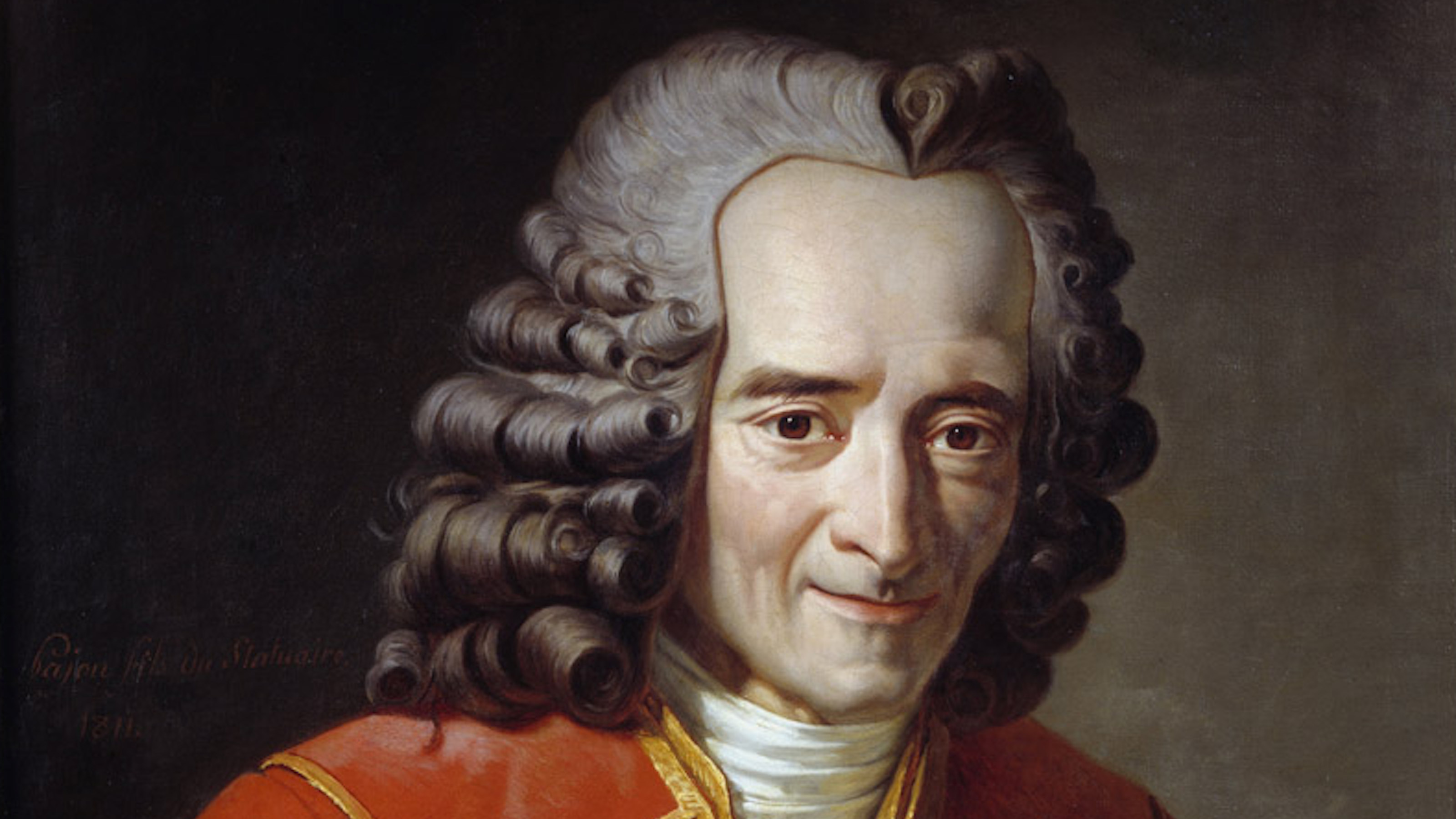Jonny Thomson
Jonny Thomson taught philosophy in Oxford for more than a decade before turning to writing full-time. He’s a staff writer at Big Think, where he writes about philosophy, theology, psychology, and occasionally other subjects when he dares step out of his lane. His first book, Mini Philosophy, is an award-winning, international bestseller, and has been translated into 20 languages. His second book, Mini Big Ideas, was published in 2023.

There’s a fine line between ambition and ruthlessness.
You will need determination, humility, and courage if you are to master anything.
When stuffed and staring down the last bite, you might hear your mother’s voice in your mind.
In the fight between head and heart, psychologists will win.
It’s good to be a wallflower. But sometimes, you need to show yourself off a bit.
Is a repressed memory always so bad?
Take a seat. Take a breath. Take a break.
Is there a force keeping humanity in check?
Are fava beans and chianti really the best pairing for human liver?
Redemption is the journey towards becoming a better person. It’s the story of human life.
God is not a vending machine, but is it wrong to treat him like one?
A reader asks whether we have an ethical responsibility to always debate bad beliefs, especially those that come from our elders.
The road from Kant to modern cognitive psychology has taught us much about our mental filtering systems.
Big Think interviews Angie Westbrock, CEO of Standard AI, to learn the secrets of adapting to the winds of change.
If music is a window onto truth, what does screaming reveal?
Schopenhauer and Freud can help teams navigate the most prickly of collaboration problems.
Big Think recently spoke with behavioral scientist and author Katy Milkman about what really motivates us and steers our behavior.
How heavy is the mask that you wear?
The “Shopping Cart Litmus Test” is a popular meme about morality. What does it really reveal about one’s character?
Nobody likes the uneasy feeling of being watched — so can there be any workplace benefit to the all-seeing eye?
A battle between different kinds of love.
Voltaire’s wonderful satire, Candide, remains a useful work-life antidote to bogus platitudes and naive optimism.
Big Think recently spoke with Nick Bostrom about how humans might find fulfillment in a post-scarcity world.
You’ve got to know when to fight and when to laugh.
Leadership evasion might seem like a plan for workplace freedom but it isn’t a good thing — it’s a denial of opportunity.
Beer before wine and you’ll feel fine? Well, it depends.
Sometimes you just want to hear, “I know what it’s like.”
When does “oversharing” become an issue?
Bob Dylan gave us the paradoxical gem “there’s no success like failure, and failure’s no success at all.” He had a point.
Nicole has been dating someone for a while but it’s not working out from her point of view. Is sudden radio silence an ethical option?
